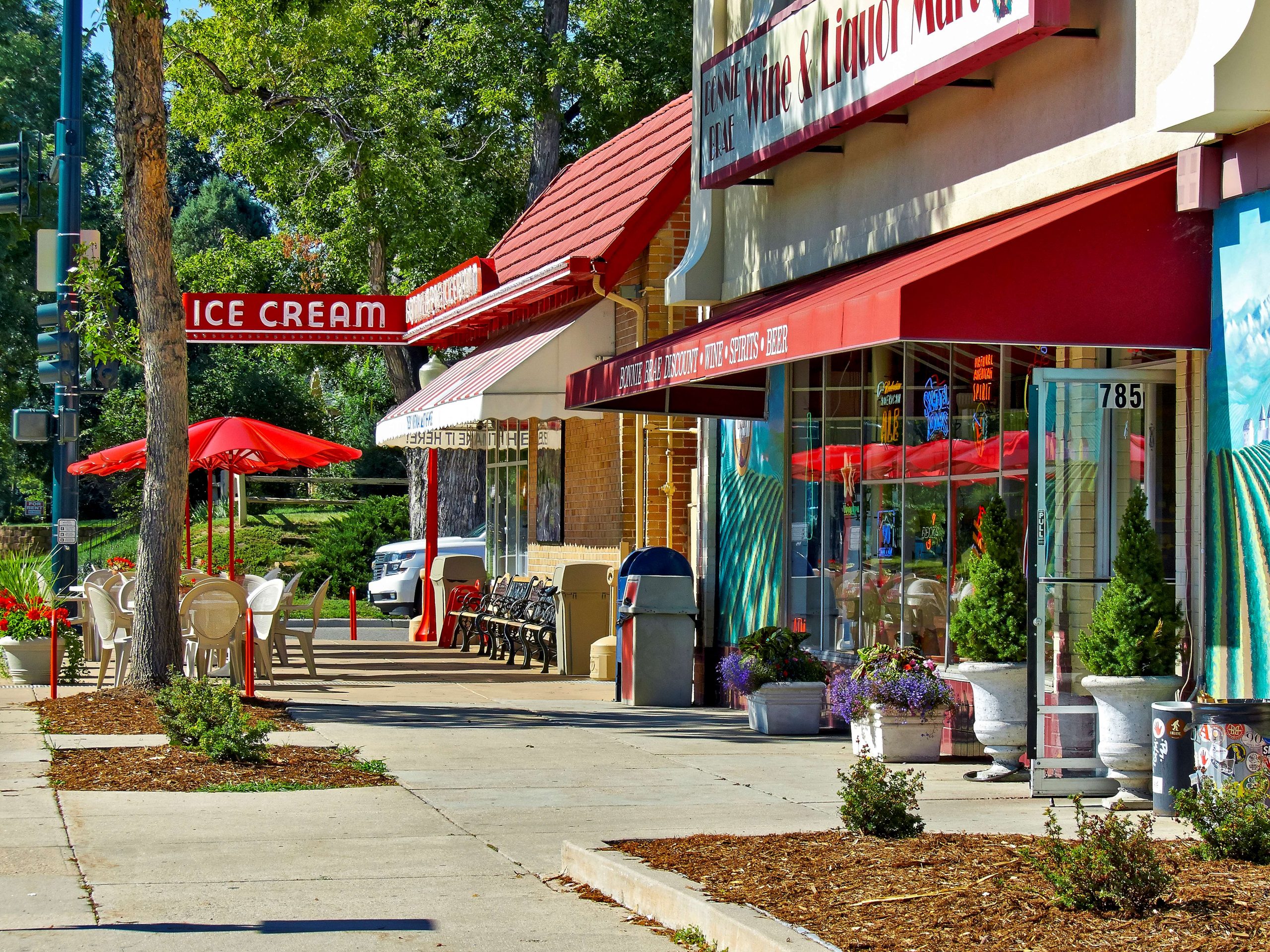
Denver
This place offers exciting opportunities for both corporate employers as well as entrepreneurs, award-winning transit and mobility, and excellence in education and health care--all set against a legendary backdrop for leisure and recreation. Denver is strengthening its reputation as one of America’s most livable cities. As a destination that simply “has it all,” Denver more than ever is a top choice to live, work and enjoy life. Metro Denver’s mild climate, low humidity, plentiful sunshine and “Mountain West” lifestyle all combine to create an ideal atmosphere for a year-round recreation. In fact, Denver has the largest public parks system of any U.S. city, with 205 parks within the city limits. The city also owns 14,000 acres of mountain parks and 2,500 acres of natural areas, as well as more than 60 miles of bicycle paths. In total, there are nearly 400 parks and pathways located throughout the metro area. There are also 40 state parks and three national parks in metro Denver’s backyard, with prime recreational opportunities for biking, hiking, camping, fishing and skiing.
Discover the community
Commuting from Denver
There are 25 miles from Denver International Airport (DEN) to Downtown Denver.
There are multiple options for transportation once you land at DIA, including the Denver Airport Rail System which picks you up at DIA and transports to you Union Station and throughout the Denver Metro suburbs in each direction; plus Regional Transportation District (RTD) buses, taxis, rideshares, and more.
There are several interchanges along I25 (North and South) and I70 (East and West), including US 85 (Santa Fe Drive), U.S. 6 (Sixth Avenue), US 40 (Colfax Ave), NW Pkway (over the Denver beltway), US 36 (Denver to Boulder turnpike), US 285 (Hampden Ave which connects Englewood, Cherry Hills, I270, I225, E470 and C470, and numerous other major streets to get you in and out of the city and suburbs which can be explored here.
RTD light rail parallels the freeway north to 104th Ave in Thornton and southward from Denver to Centennial and Lone Tree in Douglas County as well.

Working in Denver
Denver is home to a thriving business climate with companies both large and small representing a healthy cross-section of industries including mining, military, and aerospace and in more recent years, as a telecommunication hub and technology center. Denver, Colorado was named sixth on Forbes Magazine’s “Best Places for Business and Careers”. Some of the largest employers in Metro Denver include the US Government, the State of Colorado, several of the public school districts, Wells Fargo, Children's Hospital, Ball Corporation, Comcast, and we've just scratched the surface.
Denver attracts a young, diverse and talented workforce, including educated high-tech professionals, and continues to be a top destination for many Millenials. In fact, it boasts the second-highest percentage of college graduates in the country – and that, of the adult population, 89.3 percent are high school graduates and 39.7 percent have college degrees.
With a growing metro area, the number of new health care facilities continues to increase; Centura’s St. Anthony Central Hospital recently constructed a $440 million, 330-bed hospital in Lakewood, and the redevelopment at the former Fitzsimons military base has resulted in the 227-acre Anschutz Medical Campus, which includes education, research and hospital facilities.
Denver International Airport is the fifth-busiest airport in North America and the 10th busiest in the world.
Schools in Denver
Both public and private schools offer an array of educational options for primary and secondary students. All metro Denver schools offer open enrollment, which allows students living in one school district to attend a school in another district. Parents can select a school that matches a child’s individual needs, and accountability reports are available by area school districts.
The region also provides a wide range of higher educational resources, including world-class research institutions, graduate and professional schools, and a broad spectrum of undergraduate programs. Consider that Colorado universities receive more than $450 million in research grants annually. Many of metro Denver’s colleges and universities offer nontraditional or adult education programs, and distance learning programs are available for those seeking degrees or certifications. In fact, there are 10 four-year public and private colleges and universities in the metro area, with enrollments totaling more than 125,000. The region’s largest providers of workforce training and educational services are its five two-year public community colleges and 60 vocational/ technical schools.
